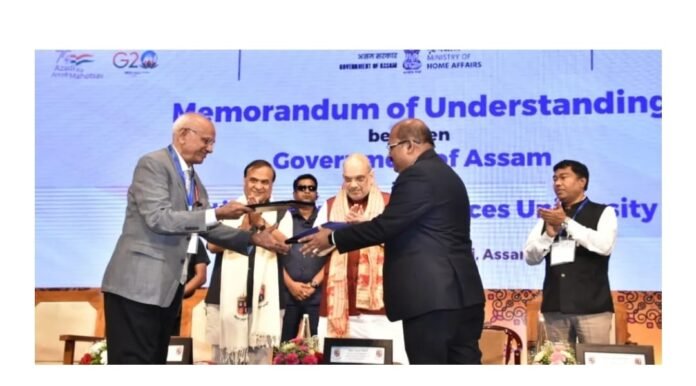In a recent development, senior Congress leader Jairam Ramesh has raised strong objections against Union Home Minister Amit Shah’s decision to visit Guwahati in Assam, rather than prioritizing a visit to the violence-hit state of Manipur. Ramesh’s criticism comes amidst the aftermath of the unfortunate incidents of violence that have unfolded in Manipur.
Expressing his discontent, Ramesh emphasized the need for immediate attention and support for Manipur, a region grappling with the repercussions of violence. By choosing to visit Guwahati instead, Ramesh argues that Shah missed an opportunity to demonstrate solidarity with the affected people and address their urgent needs.
The senior Congress leader’s statement highlights the significance of political leaders actively engaging with troubled areas during times of crisis. Ramesh underscores the responsibility of policymakers to prioritize their visits based on the severity and urgency of the situation, ensuring that immediate support and assistance are provided to regions that require it the most.
While further details regarding the specific incidents in Manipur and the reasons behind Shah’s decision are yet to emerge, Ramesh’s critique sheds light on the differences in approach between the Congress and the ruling Bharatiya Janata Party (BJP). Such exchanges of differing viewpoints between political parties are common and serve as an essential component of a democratic system.
As the situation in Manipur continues to unfold, it remains crucial for political leaders to address the immediate concerns of the affected population. The criticism raised by Jairam Ramesh serves as a reminder of the ongoing political discourse surrounding crisis response and the expectations placed upon elected officials in times of adversity.
It is advisable to consult reliable news sources and statements from involved parties for further information and updates on the situation in Manipur and the subsequent political developments surrounding the issue.




